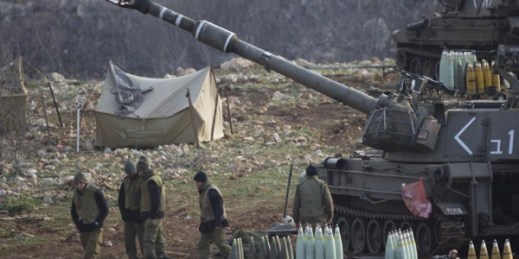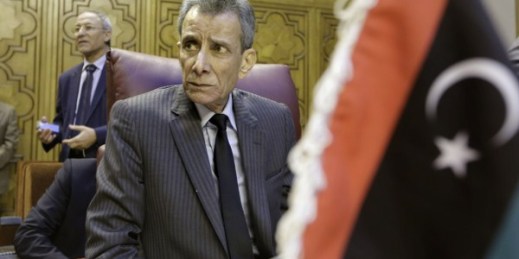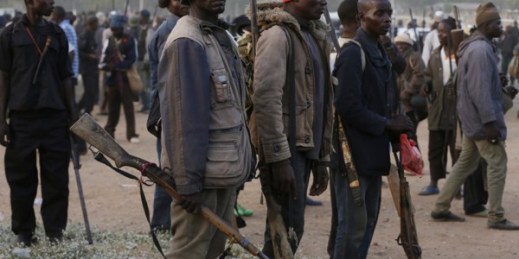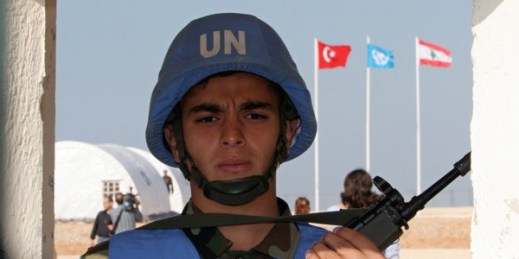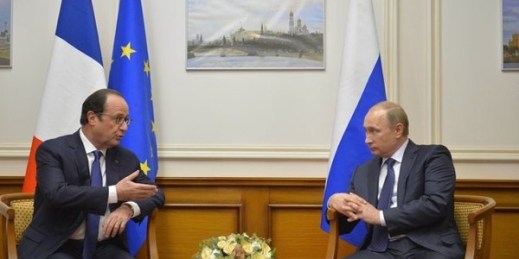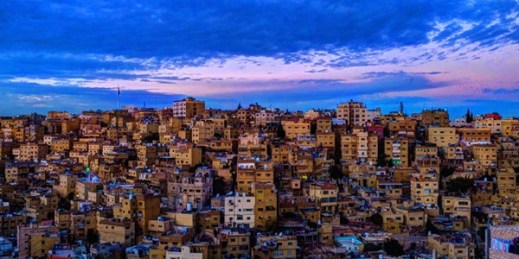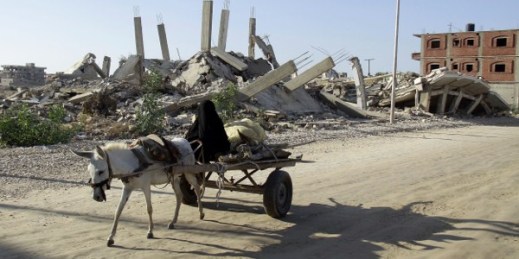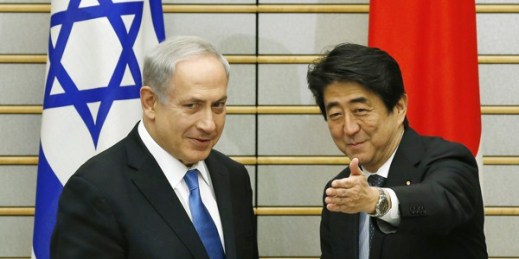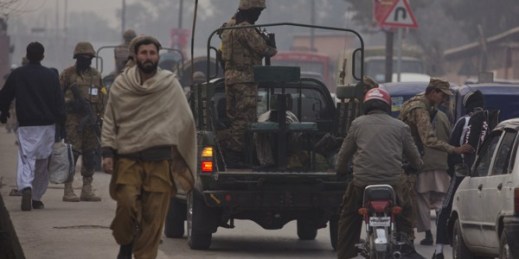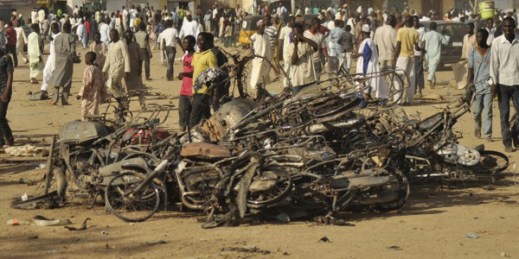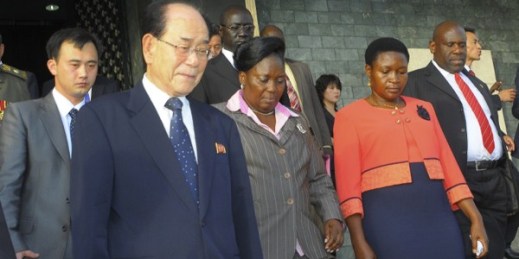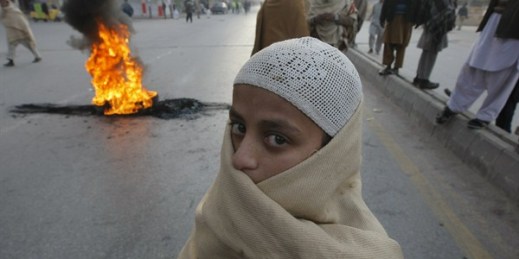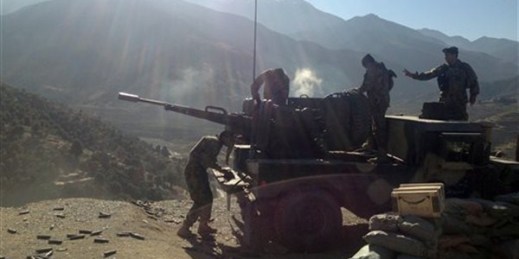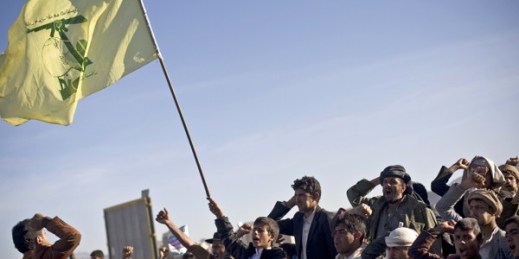
On the day before Saudi Arabia’s King Abdullah died last week, the Arabian Peninsula was in turmoil. The government of Yemen, on Saudi Arabia’s southern border, had just resigned in ignominy; the Saudi-backed president had been besieged, humiliated and ultimately toppled by Iran-backed Houthi rebels. It was precisely the kind of face-off between Iran and Saudi Arabia some of us had been predicting. Events in Yemen offered further proof that the historical rivalry that has marked relations between Riyadh and Tehran has entered a new and far more dangerous stage, gradually moving from rhetorical and diplomatic battles to outright armed […]

